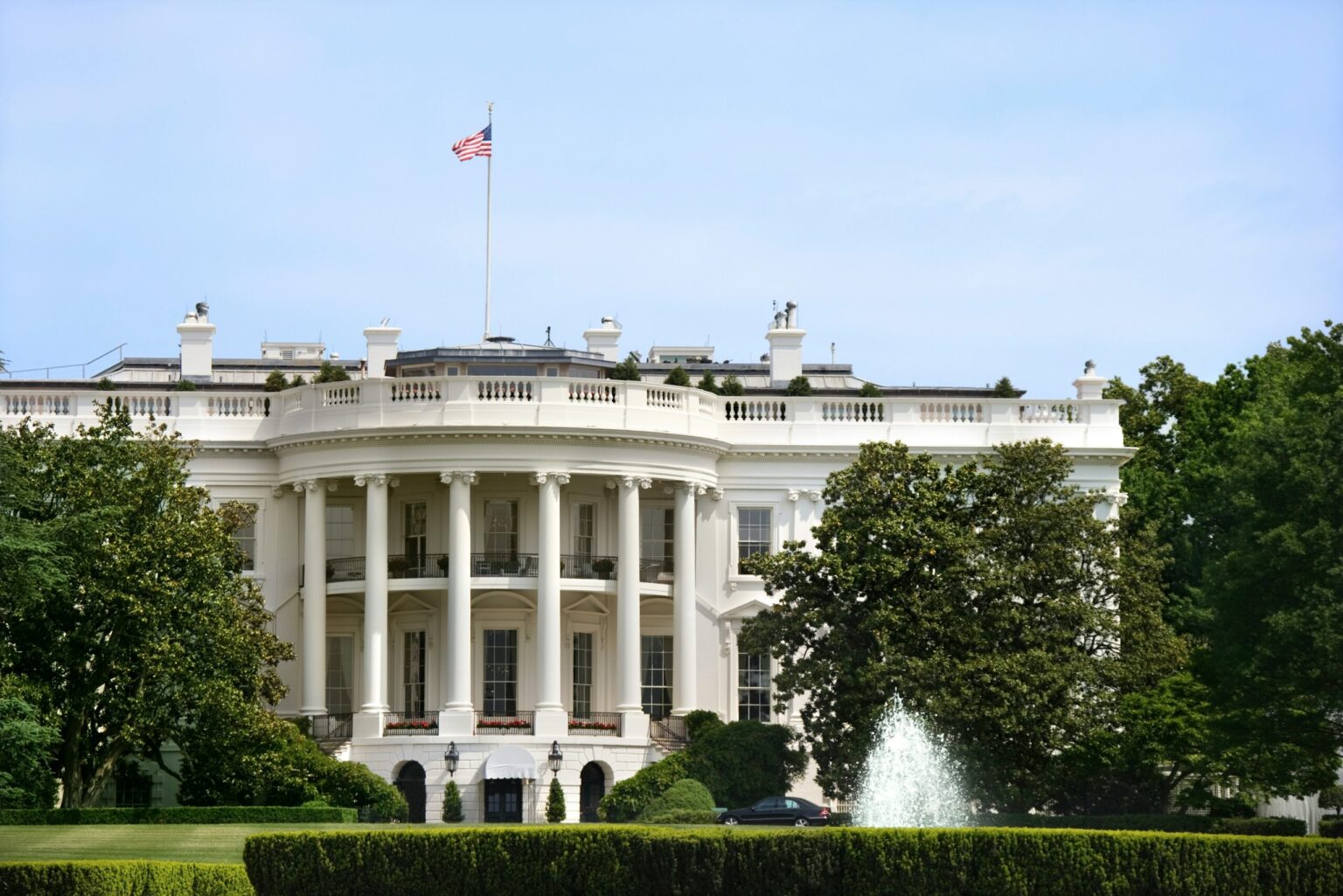On April 27, 2024, the Biden administration officially declined to adopt the United Nations’ 2030 Agenda for Sustainable Development. This landmark decision signals a major shift in U.S. foreign policy, as the administration chooses to prioritize national sovereignty and economic interests over global sustainability goals. The UN’s 2030 Agenda, which includes 17 Sustainable Development Goals (SDGs), aims to tackle pressing global issues like climate change, poverty, and inequality, but the U.S. administration has raised concerns about the potential economic and regulatory implications of fully embracing these goals.
Concerns Over National Sovereignty and Economic Impact
The Biden administration’s rejection of the 2030 Agenda is rooted in a desire to protect national sovereignty and preserve the country’s economic flexibility. A White House spokesperson emphasized that while the U.S. remains committed to sustainability, it believes that policies should be tailored to fit the country’s unique needs. The administration’s stance reflects concerns that adopting an international framework could impose restrictions on American businesses and economic growth. Some critics argue that the Agenda’s proposed policies could lead to costly regulations, potentially stifling innovation and competitiveness.
The Debate: Global Leadership vs. Domestic Priorities
The U.S. decision has ignited a heated debate over the country’s role in global sustainability efforts. Supporters of the administration’s position argue that the one-size-fits-all approach outlined in the UN’s Agenda would not suit the economic realities of the United States. They assert that the country should develop its own policies that strike a balance between fostering economic growth and addressing environmental concerns. This approach, they argue, will allow for more tailored and practical solutions, rather than adhering to a global framework that might not be compatible with U.S. interests.
On the other hand, critics of the decision argue that rejecting the UN’s sustainability goals could have far-reaching consequences for global efforts to combat climate change and reduce inequality. Environmental organizations and international allies have voiced disappointment, warning that without U.S. leadership, global initiatives could lose momentum. They believe that the U.S.’s involvement is crucial in setting an example for other nations and galvanizing collective action.
Moving Forward: Domestic Action and International Implications
Despite rejecting the 2030 Agenda, the Biden administration has pledged to continue pursuing sustainability initiatives at the domestic level. Through legislation and partnerships with the private sector, the U.S. intends to promote environmental responsibility while supporting economic growth. The administration’s decision suggests a shift in how the U.S. plans to engage with global sustainability efforts in the future. Moving forward, the U.S. is likely to focus on homegrown solutions to address climate change, poverty, and inequality, rather than committing to internationally agreed-upon frameworks.
While the decision has sparked controversy, it highlights the ongoing tension between national economic priorities and global environmental and social responsibilities. The world will be closely watching the U.S. as it navigates its path forward, balancing domestic interests with its role in global sustainability initiatives. As other nations continue to push for more robust climate action, the future of the global sustainability movement will depend on how the U.S. and other major players choose to align their policies in the coming years.
